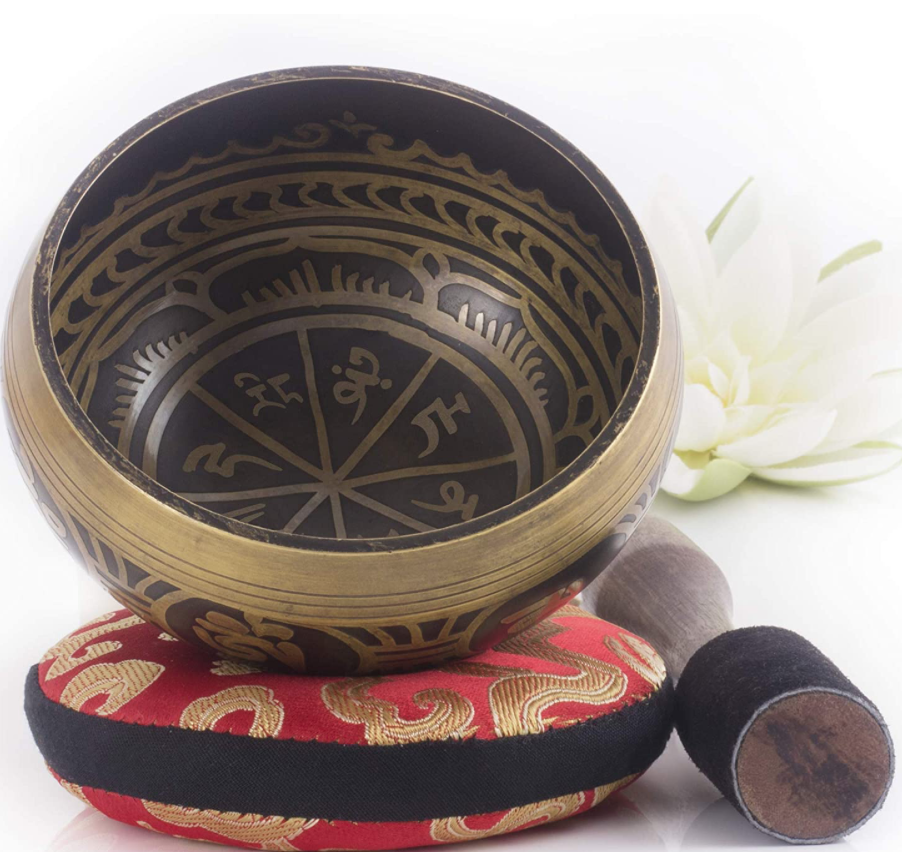 Social isolation such as we have experienced during the pandemic and even working from home can lead to loneliness but this is not the same as some of the benefits we can experience from solitude and being alone. During Loneliness Awareness week, I want to explore how solitude can be very good for us but that we also need to balance that with our basic human need for connection. If that basic need is not met, then we can experience loneliness and isolation.
Social isolation such as we have experienced during the pandemic and even working from home can lead to loneliness but this is not the same as some of the benefits we can experience from solitude and being alone. During Loneliness Awareness week, I want to explore how solitude can be very good for us but that we also need to balance that with our basic human need for connection. If that basic need is not met, then we can experience loneliness and isolation.
In truth, we are rarely actually alone. We may be physically alone but we are surrounded often by noise, social media and a feeling of having to always be on. That’s often become worse working from home. We have more meetings, not less. We message and email more and we rarely make any time for actually being completely alone and maybe also, the way we are communicating isn’t really connecting deeply either…
So – how do we create this balance?
- Connect more deeply – even online this is possible. Make meetings and encounters more meaningful by first giving the gift of your full attention but then making online interactions shorter and purposeful. Be comfortable saying ‘I don’t know’, let yourself be vulnerable and ask for what you really want. But also try sending an old-fashioned letter or reaching out to have a one-to-one meeting or walk in person.
- Look for solitude – that means seeking out time to be on your own. Whether that is a reflective walk or just having time away from the digital, actively schedule time into your day and week when you are alone and without interruptions. That may seem harder than you imagine!
What happens when we create this balance and what are the benefits of solitude?
Striking the right balance between connection and solitude means we need to become more self-aware and understanding of our own needs. It is too easy to reach out for stimulation and can feel harder to be alone with our own thoughts. If we can start instead to dance between connecting with others and being alone, the benefits are many:
Creativity – creativity flourishes in solitude. It allows you to dive into ideas, focus on problems, think outside the box and reach deep within yourself and your imagination that is just not possible with others or when tethered to a device.
Understanding – you can strengthen self-awareness and your understanding of yourself. Gaining this deeper understanding of yourself will help you in all facets of your life. And not only for yourself, but for others as well. The better you know yourself, the better you are able to be a partner, friend, and person in all other relationships.

”Be alone — that is the secret of invention: be alone, that is when ideas are born.
— Nikola Tesla
What we can learn from introverts: Susan Cain argues in this passionate talk, introverts bring extraordinary talents and abilities to the world, and should be encouraged and celebrated.
Restoration – we underestimate our need for this and maybe never have we needed restoration more than now! The toll that the pandemic has taken on us requires healing and restoration allowing us to ground ourselves, tap back into what is important for us and how we can bounce forward.
Productivity – if you really need to focus on a piece of work, the best way is to be alone with all distractions out of the way. This is why artists and writers go off to the mountains or to be shut away from society working somewhere!
How to create moments of solitude – here are a few ideas for how to invite solitude into your life:
Go for an early walk alone when others are not around
Stay up late or wake up early at home when the household is still
Take lunch breaks alone and without multi-tasking
Have regular time away from any digital device
Let your mind wander – find lulls in your day when you can do this
